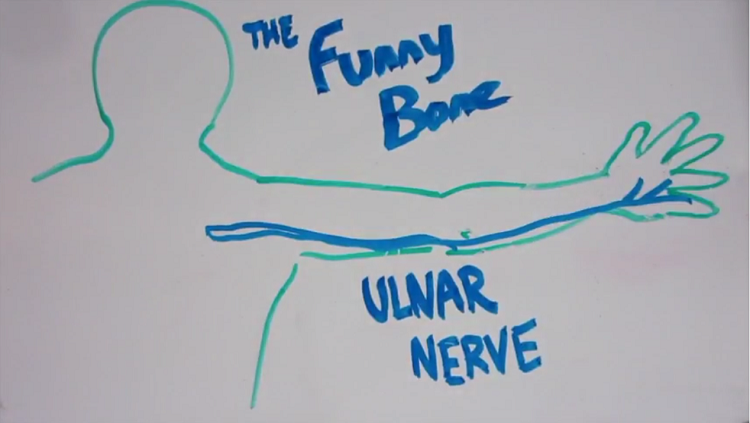Learn the basics of how neurons fire, and explore what we can learn from the feeling of banging our funny bone.
Brain Awareness Video Contest
Submit a short video about any neuroscience topic for a chance to win $4,000 and a trip to SfN's Annual Meeting!
BrainFacts Book
Download a copy of the newest edition of the book, Brain Facts: A Primer on the Brain and Nervous System.







